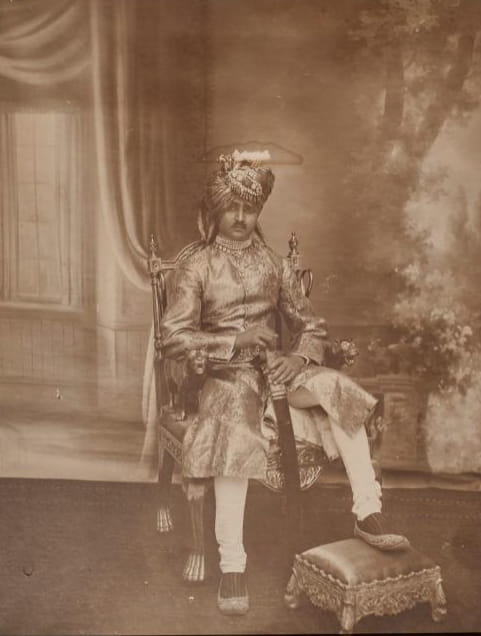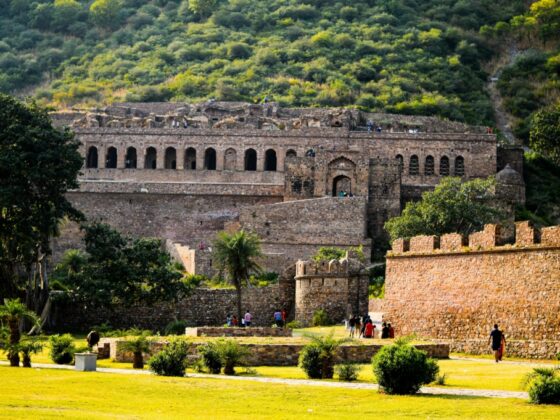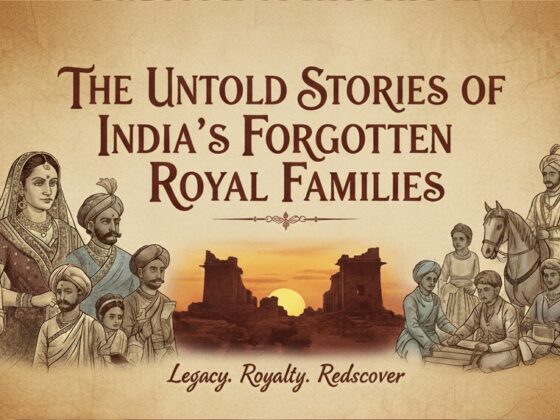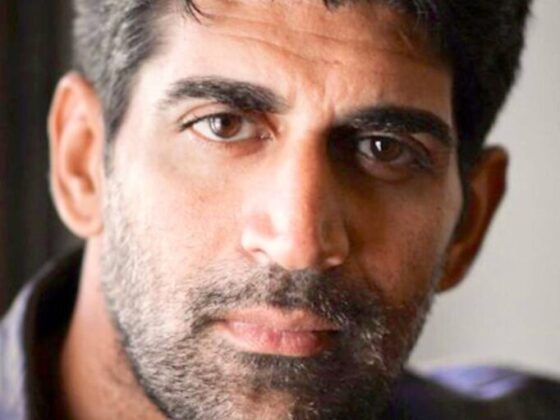H.H. Nawab Muhammad Jalal-ud-Din Khan Babi Bahadur

Introduction
H.H. Nawab Muhammad Jalal-ud-Din Khan Babi Bahadur was a distinguished ruler whose reign left a lasting impact on his people and the region. A prominent member of the Babi dynasty, he was known for his strong leadership, progressive governance, and commitment to cultural and social development. Consequently, his contributions in administration, infrastructure, and the arts continue to be celebrated today.
The Babi Dynasty: A Brief Overview
The Babi dynasty traces its origins to the Pashtun lineage, with its members establishing several princely states across India. The dynasty’s rulers were known for their military prowess, administrative efficiency, and patronage of culture. Therefore, H.H. Nawab Muhammad Jalal-ud-Din Khan Babi Bahadur upheld this tradition, steering his state through significant socio-political changes.
Early Life and Accession to the Throne
Born into royalty, Nawab Jalal-ud-Din Khan Babi Bahadur received a comprehensive education that emphasized governance, military strategy, and cultural patronage. As a result, his upbringing instilled in him a sense of responsibility towards his people. Upon ascending the throne, he dedicated himself to strengthening the state through reforms and modernization.
Governance and Administrative Reforms
Nawab Jalal-ud-Din Khan Babi Bahadur was a visionary leader who implemented several administrative reforms aimed at improving governance. His policies focused on:
- Judicial Reforms: He established a fair legal system, ensuring justice for all citizens regardless of social standing.
- Infrastructure Development: His reign saw the construction of roads, bridges, and irrigation systems, fostering economic growth and connectivity.
- Educational Advancements: Recognizing the importance of education, he promoted literacy by building schools and providing scholarships to meritorious students.
Thus, his governance model significantly improved the lives of his people and ensured long-term stability.
Contributions to Culture and Heritage
As a patron of the arts, Nawab Jalal-ud-Din Khan Babi Bahadur significantly contributed to the cultural landscape of his state. He supported local artisans, poets, and scholars, ensuring that traditional art forms flourished. Under his rule:
- Architectural marvels showcasing Mughal and regional influences were constructed.
- Literature and poetry received state patronage, leading to a cultural renaissance.
- Music and performing arts thrived, with court musicians and artists gaining recognition.
Moreover, his patronage helped preserve the region’s rich artistic traditions for future generations.
Relations with the British and Political Challenges
During his reign, Nawab Jalal-ud-Din Khan Babi Bahadur navigated the complex political landscape of colonial India. He maintained diplomatic relations with the British while striving to preserve the autonomy of his state. Nevertheless, the shifting political climate presented numerous challenges, requiring careful negotiation and steadfast leadership.
However, his strategic acumen helped in securing beneficial agreements that safeguarded the interests of his people. Consequently, he ensured that his state remained stable despite external pressures.
Social Welfare and Philanthropy
Nawab Jalal-ud-Din Khan Babi Bahadur believed in the welfare of his subjects and undertook several initiatives to improve their living standards. His contributions included:
- Establishing hospitals and healthcare centers to provide medical aid to the underprivileged.
- Supporting agricultural advancements to ensure food security and economic stability.
- Encouraging communal harmony by promoting inclusive policies that respected all religious and ethnic communities.
Because of his philanthropic efforts, he earned the admiration and respect of his people.
Legacy and Influence
The legacy of H.H. Nawab Muhammad Jalal-ud-Din Khan Babi Bahadur extends beyond his time. His governance model, cultural contributions, and commitment to social welfare continue to inspire leaders and historians. As a result, his impact can be seen in:
- The lasting architectural landmarks that reflect his patronage.
- The continued appreciation of the literary and artistic movements he supported.
- The administrative frameworks he established, which influenced governance in the region.
Conclusion
H.H. Nawab Muhammad Jalal-ud-Din Khan Babi Bahadur was a ruler ahead of his time. His leadership, dedication to progress, and passion for culture ensured that his reign was marked by prosperity and growth. Today, his contributions remain an integral part of history, preserving his name as a visionary leader who truly cared for his people and their future.
Therefore, his story serves as a reminder of the power of leadership, the importance of cultural preservation, and the impact of progressive governance in shaping history.








